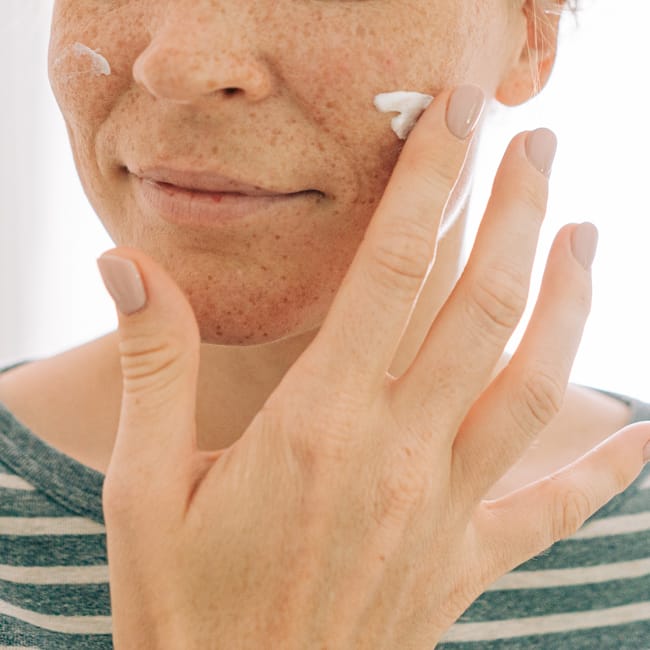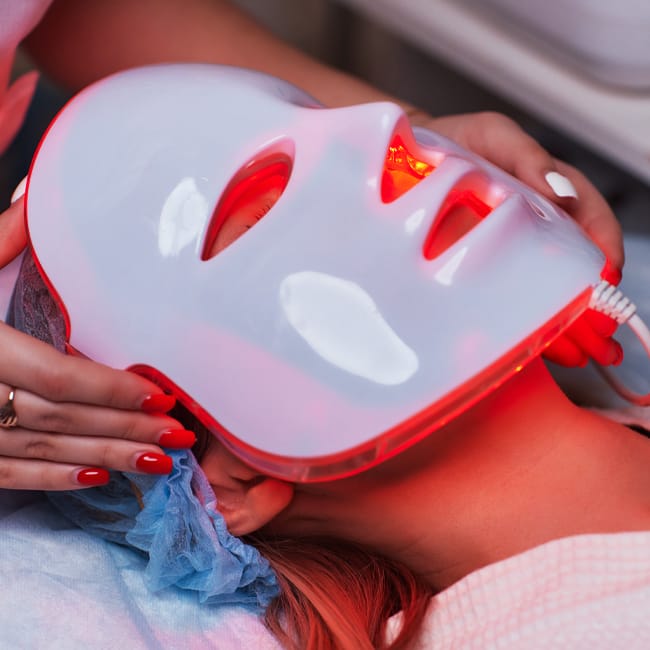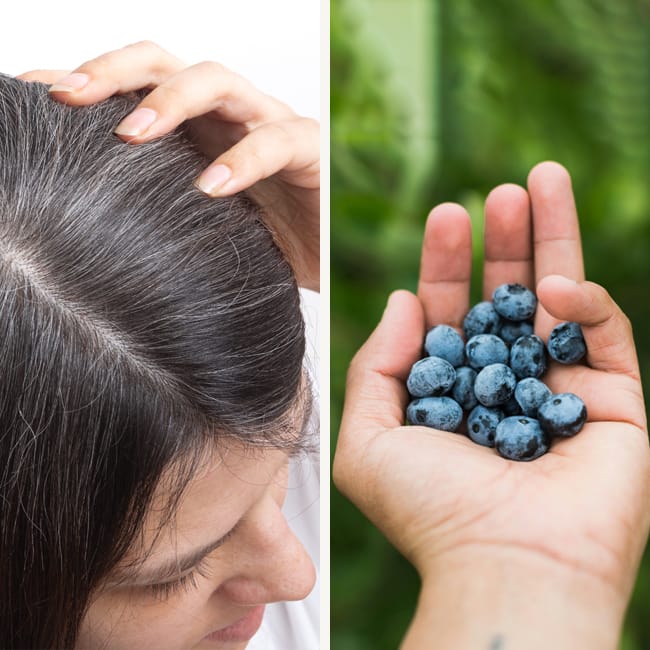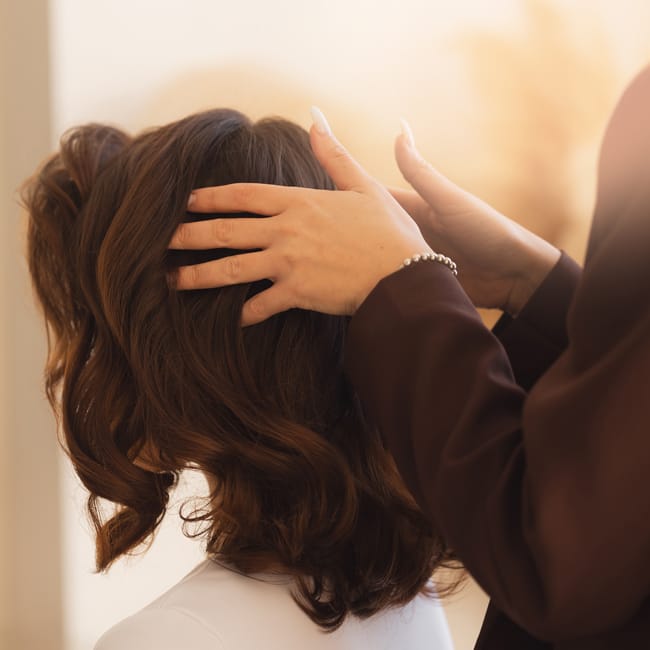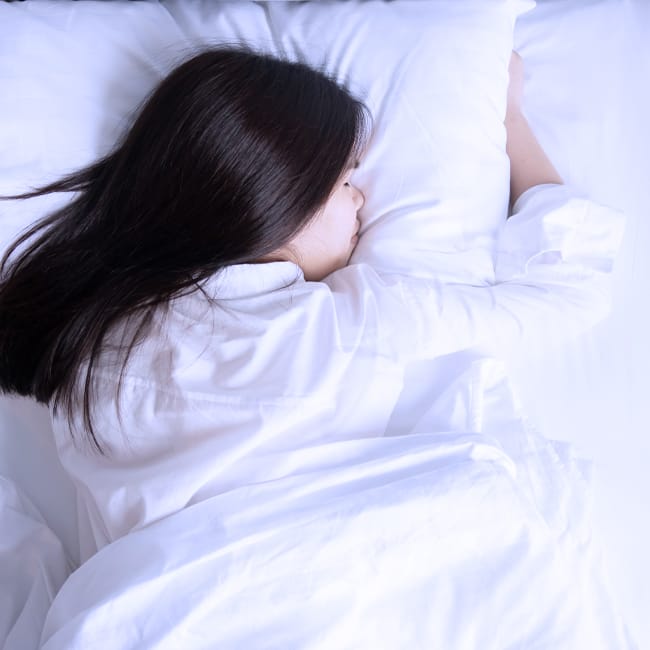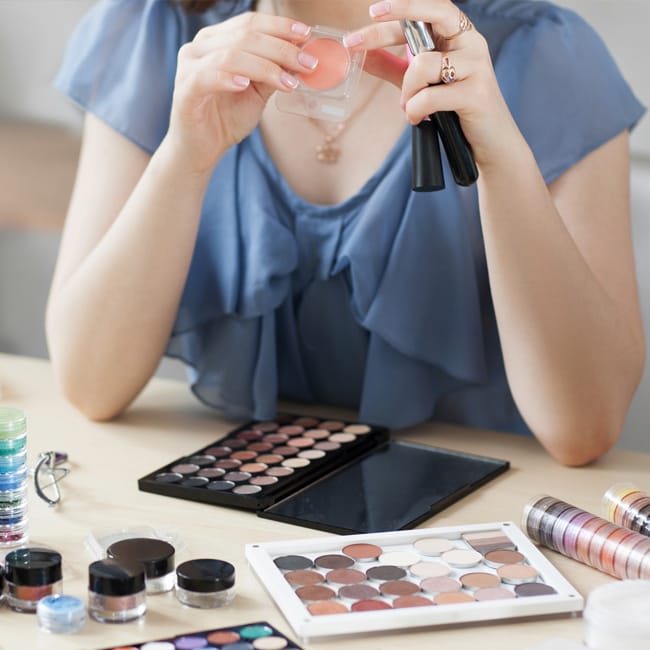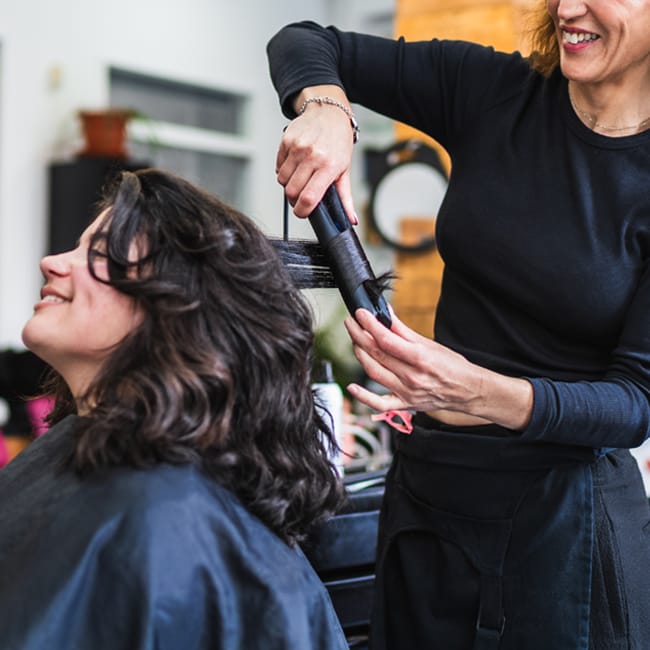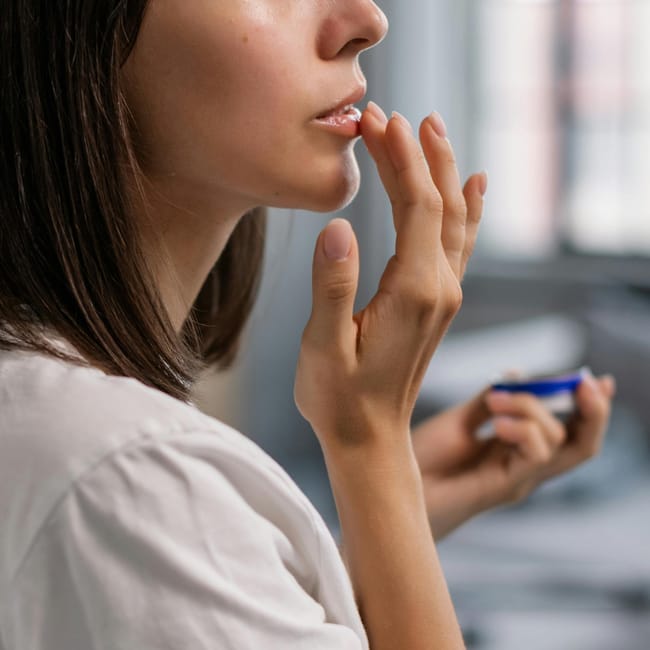This is an archived article and the information in the story may be outdated. Please check the time stamp on the story to see when it was updated last.
While thinning hair and fallout may be the most frustrating scalp issues to deal with, dandruff comfortably clocks in at number two. A flaky, itchy scalp can feel embarrassing and hopeless as you cycle through clarifying shampoos and home remedies to try to put the issue to bed. But while dandruff may be annoying, hair experts agree that it’s much easier to treat than thinning locks. If you suffer from an irritated, peeling scalp, this is the best course of action for treating your hair woes, according to the experts.


First and foremost, it’s important to understand the cause of your dandruff before you can pinpoint a solution. “Seborrheic dermatitis, more commonly known as dandruff, is a superficial fungal disease of the skin. It mainly affects the scalp. The outcome is often scaly patches, red skin and stubborn dandruff,” explains Celebrity Stylist & Phenix Salon Suites Founder Gina Rivera. “It causes no serious harm to the scalp or the hair but it can be uncomfortable and embarrassing. It appears as red, dry, flaky, itchy skin on the scalp and while it is fairly common, it is not contagious.” Dandruff can come from a number of causes, including but not limited to failing to use sunscreen, product buildup on the scalp, and even poor quality shampoos and hair products.

If you’ve been hesitant to try over-the-counter dandruff shampoos out of embarrassment, now’s the time to put your shame aside--they work! “For many patients, treatment and relief can come from using over-the-counter (OTC) medicated shampoos from many manufacturers. Many of these contain selenium sulfide, pyrithione zinc, ketoconazole, or salicylic acid, but certain patients respond to each of those primary active ingredients uniquely,” explains hair restoration surgeon Dr. Lawrence Barnard. “I share this because if one brand, such as Selsun Blue with selenium sulfide doesn't work for you that doesn't mean one of the other OTC options won't. Experimenting with a couple of brands and different primary active ingredients usually produces a clear winner for your body's chemistry.” Other great OTC dandruff shampoos on the market right now are Nizoral A-D Anti-Dandruff Shampoo, Neutrogena T/Sal Shampoo Scalp Build-Up Control, and classic Head & Shoulders.

It may seem like common sense, but if your drugstore shampoos aren’t working, it may be time to turn to your hair stylist for professional advice. “Always talk to your hairstylist when determining the best avenue for handling dandruff. The most likely recommendation for treatment will include elements such as frequent cleansing and medicated shampoos that can assist with controlling or eliminating it,” suggests Rivera. Regardless of the severity of your dandruff, it can be useful to chat with your stylist anyway to see if they have particular product recommendations based on your hair type.

Your flaky, itchy scalp may be a source of embarrassment, but with the right medication or specialized shampoo, dandruff won’t stand a chance. While it may be tempting, try to keep scratching to a minimum--you may be making the flakes worse and could even potentially cause infection in the future if you break the skin. Whether your dandruff is caused by product buildup, sun exposure, or cheap shampoo, taking the time to evaluate your scalp care habits can also be incredibly valuable in preventing flakes in the future.











